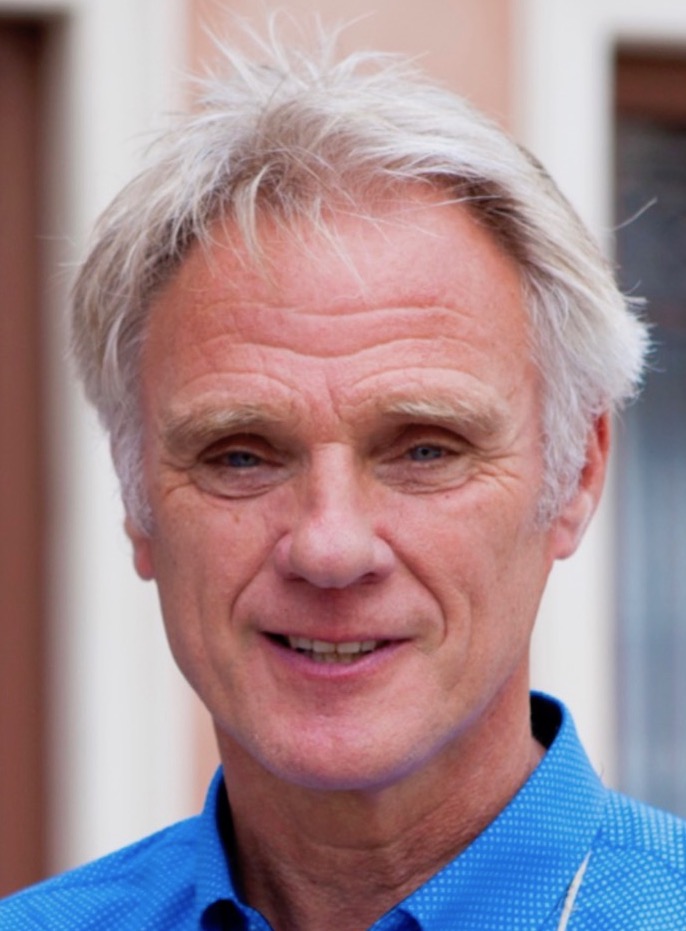By Martin Ekpeke
A Professor in Governance of Corporate Sustainability and Circular Economy, Utrecht University in the Netherlands, Dr. Walter J.V. Vermeulen has argued that Nigeria presently lacks what he described as a proper electronic waste management infrastructure.
The Professor, who responded to ITPulse’s questions after a press conference on Circular Economy, organized virtually by REVOLVE Circular, an Austria based non-profit organization, also described e-Waste in Nigeria as problematic.
“Though there are some isolated initiatives for repairing and recycling e-Waste in Nigeria, the country lacks proper e-Waste management infrastructure,” Dr. Walter said in an email response to ITPulse.
He stressed that the lack of proper e-Waste management is a function of lack of infrastructure and government policy, leading to a lack of funding for organizing infrastructures that will ultimately tackle the challenges of e-Waste, which he agreed contains hazardous waste.
“Imports of ‘usable electronic equipment’ is indeed a big market in Nigeria, but on top of that illegal imports also exist, although government officials tend to ignore this, referring to the existing ban on imports of e-Waste,” he added.
Prof. Walter argued with the weak eWaste management infrastructure, the poor Nigerians who try to get some valuables from the system get exposed to serious health threats from used computers, mostly from international business and embassies, which are refurbished and sold on the secondhand market.
He explained that a large share of electronic equipment in the country is imported second hand or even imported illegally from high-income countries, repaired in the ‘computer cities’ and found themselves in the hand of many people who can only afford cheap devices.
Asked what can be done to address the challenge, Prof. Walter suggested collaboration with some organizations, which are already working out modalities to address the menace.
The Professor disclosed that the Utrecht University is finalizing a joint study with the Ibadan University on a topic that will be presented at the 2nd Circularity Africa Conference on Wednesday, 12 May 2021, at the University of Ibadan-Nigeria.
He said the conference, which is being organized by the Interconnections for Making Africa Great Empowered and Sustainable (IMAGES) Initiative in collaboration with Africa Circular Economy Research and Policy Network (ACERPiN) will be discussing future policies in an expert workshop and present the results to the wider audience.
“One of the core challenges is how to organize financial responsibility for the producers of that imported electronic equipment’s in a fairer form of extended producer responsibility, especially in the context that consumers in these high-income countries have paid a price apart for the proper recycling of the products,” he said.

